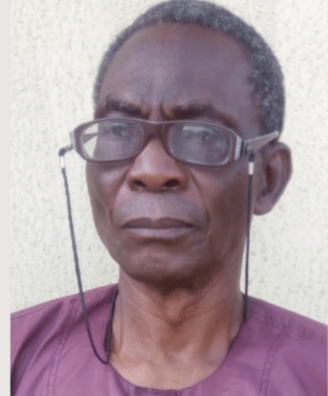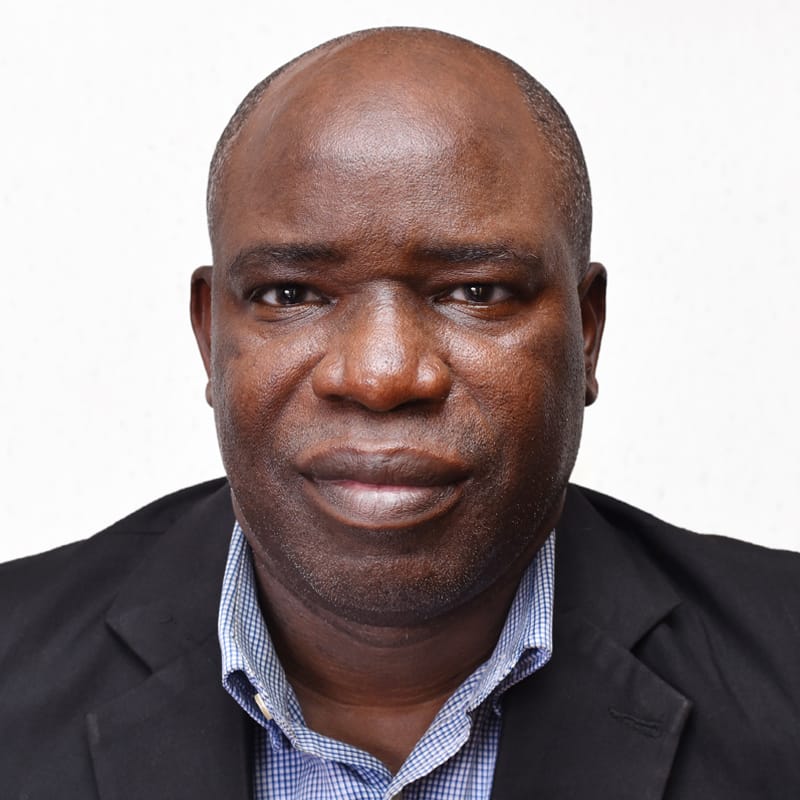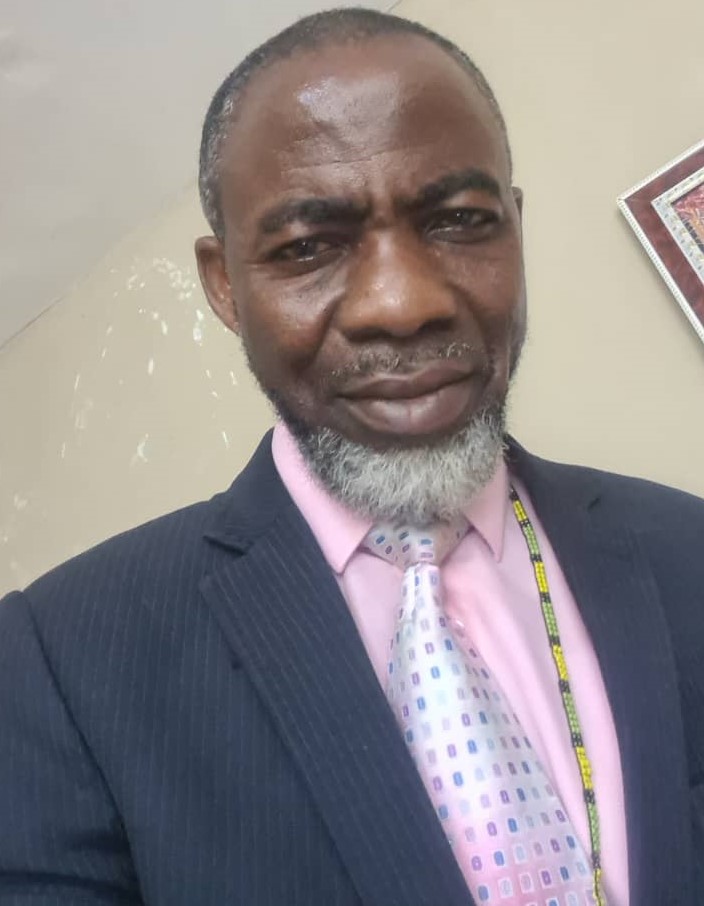By Deborah Eli Yusuf
TEN YEARS have passed since the night of April 14, 2014, when 276 schoolgirls were kidnapped from their dormitories in Chibok, Nigeria, forever changing the trajectory of their lives.
The mass kidnapping, carried out by the terrorist group Boko Haram, sparked global outrage and ignited the #BringBackOurGirls movement, demanding the safe return of the innocent victims.
In the weeks and months following the abduction, the plight of the Chibok girls dominated headlines, thrusting Nigeria’s security challenges into the international spotlight. As the world rallied behind the cause, governments, activists celebrities, CSOs, and NGOs united in solidarity, and called for immediate action to rescue the girls and bring their perpetrators to justice.
Despite the widespread attention and concerted efforts, the road has been long and arduous for the Chibok community. While two of the 57 girls who escaped in 2014, Joy Bishara and Lydia Pogu have moved on to graduate from universities in the United States, 126 girls have since been rescued with 21 of them in coerced marriages with their abductors leaving 91 of the Chibok girls unaccounted for and their fate shrouded in uncertainty.
Parents of some of the abducted girls died similarly at the hands of Boko Haram terrorists without knowing the fate of their abducted daughters while some families continue to ask the agonizing question, “Where are our daughters?” holding out faith for a miracle.
The Chibok girls abduction should have served as a rude awakening to the Nigerian state on the failing structures of its security and the need for concerted and immediate actions to strengthen its security architecture, but that didn’t seem to be the case, in the 10 years after the abduction of the Chibok girls, Nigeria has gone ahead to witness many abductions of secondary school students, from the 2018 abduction of 100 girls in Dapchi to the 2021 abducted Bethel students still in captivity, it is widely reported that in the last decade, over 1, 680 students have been abducted in the country underscoring the urgent need for governments to prioritize the protection of their citizens and to address the root causes of extremism, including poverty, inequality, and lack of education.
These abductions are an indication of a broader struggle for human rights, dignity, and justice which should spur renewed and sustained efforts to combat terrorism, promote girls’ education, and empower communities affected by conflict.
While Nigerian security forces reclaimed some territories once held by the insurgents, the threat persists, and the search for the remaining Chibok girls continues unabated.
As we mark the 10th anniversary of the Chibok abduction, let us honor the memory of the girls who were taken from their families and their dreams. Let us renew our commitment to standing in solidarity with the victims of terrorism and working towards a world where every child can grow up in safety and peace.
Let us draw strength and inspiration amidst the despondency in the country and demand a saner and secure country from our government, so everyone can thrive without fear for their lives and safety.
Deborah Eli Yusuf is a writer, gender activist and developmental expert based in Abuja.
Opinions expressed by individual columnists are their own and do not necessarily reflect the views of policies of the website’s management.





